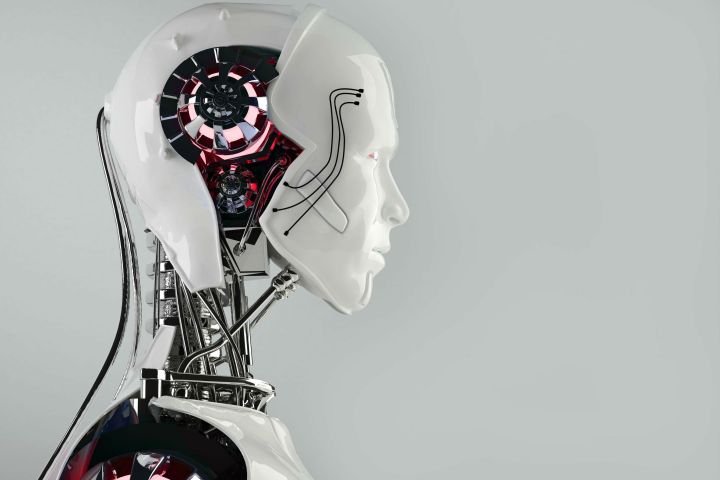
So far, the signs point to yes.
The team has now released the first piece of music written via machine learning, a simple tune that was composed without any human hands.
The first bit of music released by the Magenta team is a 90-second piano clip, which had a drum beat added by researchers to give context to the computer’s harmonic rhythm. It’s an interesting amalgamation of sounds: simple, but full of complex musical ideas like repeated phrasing, form, and feeling.
Researchers say that the biggest issue with machine-created art so far has been a lack of compelling long-form work. “So much machine-generated music and art is good in small chunks but lacks any sort of long-term narrative arc,” said researcher Douglas Eck of the project.
Machine learning has already been fairly well explored for speech recognition and translation, Eck said, but has hardly been explored when it comes to creating compelling artistic content. With new machine-learned tools for music and artistic creation, perhaps human artists will be able to work with AI in tandem in the future, or maybe the technology will be used for something else.
For the Magenta team, it’s all about exploring the realm of possibilities, with hopes that musicians and artists will use the tools for something awesome and creative down the line.
“We don’t know what artists and musicians will do with these new tools, but we’re excited to find out,” Eck wrote in a statement. “Look at the history of creative tools. Daguerre and later Eastman didn’t imagine what Annie Liebovitz or Richard Avalon would accomplish in photography. Surely Rickenbacker and Gibson didn’t have Jimi Hendrix or St. Vincent in mind. We believe that the models that have worked so well in speech recognition, translation, and image annotation will seed an exciting new crop of tools for art and music creation.”
The Magenta project is ongoing, and the team will continue to present the public with the AI engine’s artistic creations as it self-learns them.
Editors' Recommendations
- Reddit seals $60M deal with Google to boost AI tools, report claims
- How to generate AI art right in Google Search
- Google Bard could soon become your new AI life coach
- All of the internet now belongs to Google’s AI
- OpenAI reveals location of its first international outpost




